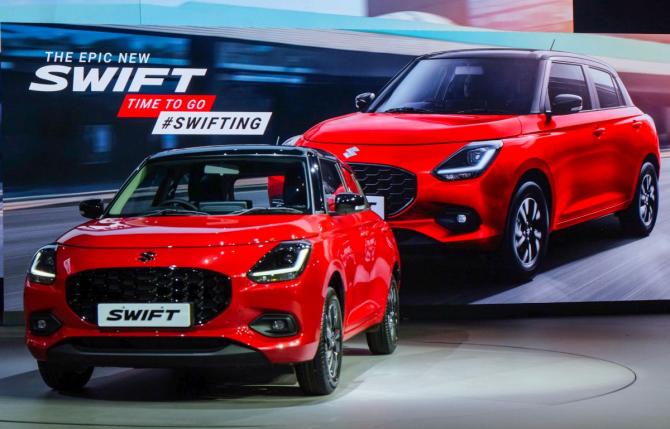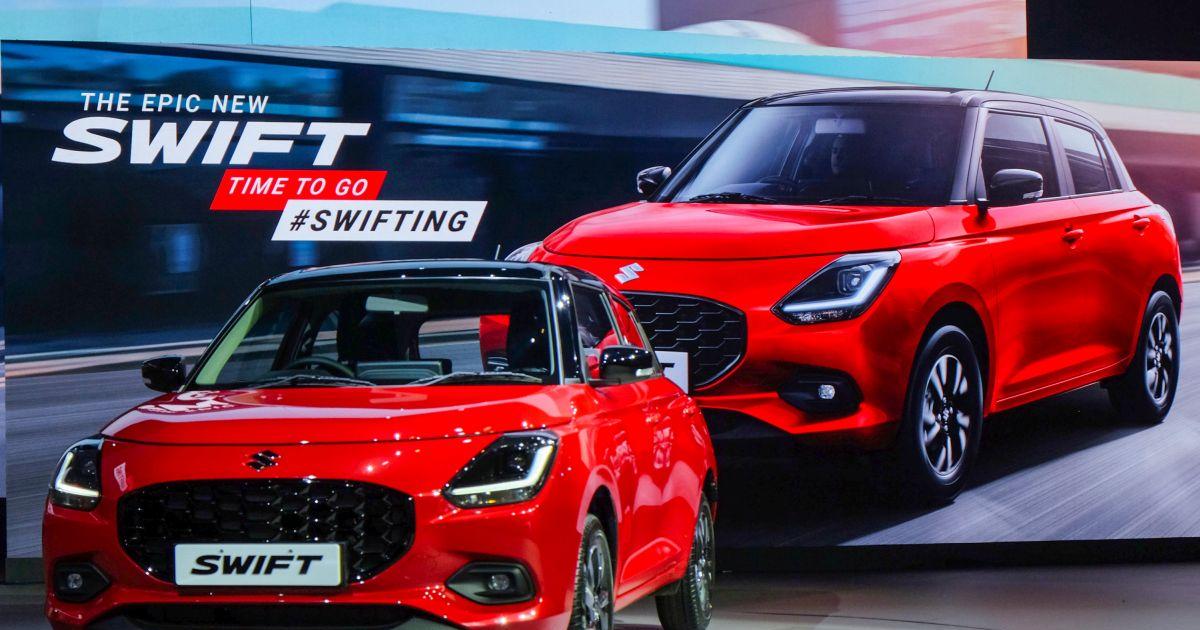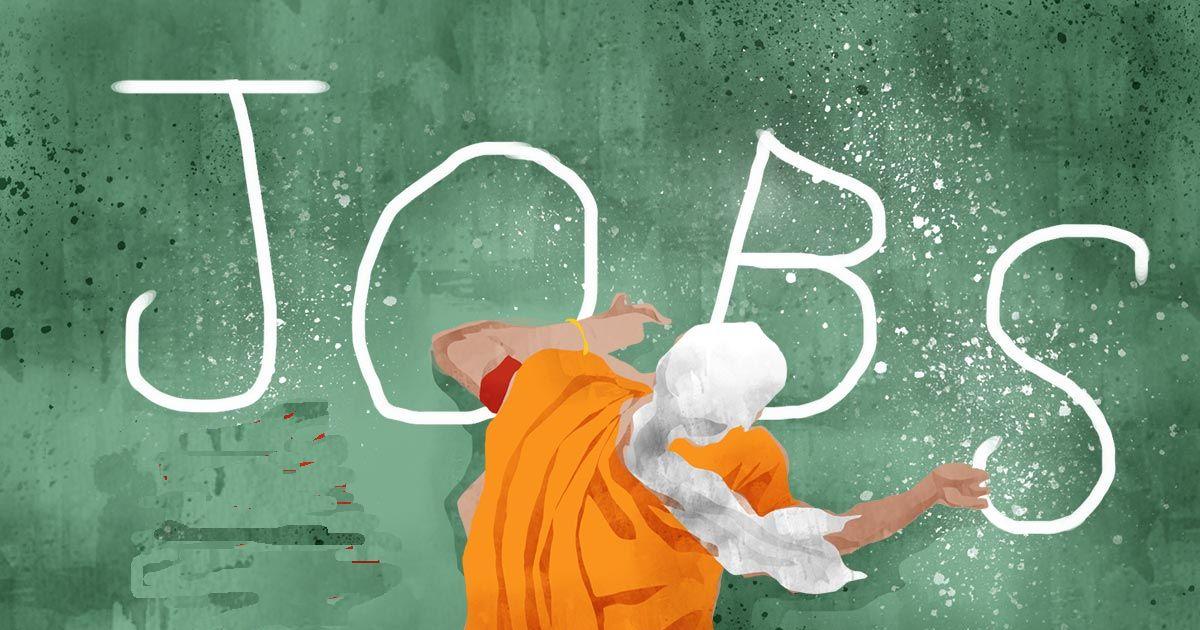Since the Indian government reduced GST on small cars on September 22, the small car segment’s share in Maruti’s overall sales has risen to more than 25 per cent, up from 16.6 per cent earlier in FY26.

Photograph: ANI Photo
The country’s largest carmaker Maruti Suzuki India Ltd (MSIL) is open to adjusting its product launch strategy if the sharp surge in small car sales seen since the reduction in goods and services tax (GST) continues, its Chairman R C Bhargava has said.
The ongoing boom, he said, could even encourage other automakers to bring hatchbacks back into their line-ups.
Toshihiro Suzuki, president of MSIL’s parent company Suzuki Motor Corporation, had said in Tokyo that MSIL has been planning to launch eight sport utility vehicles (SUVs) in five-six years as it wants to capture 50 per cent market share in India.
Currently, MSIL’s share in its domestic car market is around 38 per cent.
Since the Indian government reduced GST on small cars on September 22, the small car segment’s share in Maruti’s overall sales has risen to more than 25 per cent, up from 16.6 per cent earlier in FY26.
The turnaround, Bhargava said, has been driven by renewed affordability and a shift in consumer sentiment towards entry-level cars.
“If the small car market — and we have to wait for a few months to see — continues to have this strong growth, we will have to look at model upgradation and adding new models. It is a new and nice problem to have. It was not there in the past. So, let’s wait a little bit,” he said during a video press conference.
Sales of small cars — hatchbacks and sedans — had been declining for several years in India until the GST rate cut revived demand.
Under GST 2.0, small cars (less than four metres in length with engines up to 1,200cc for petrol and 1,500cc for diesel) attract just 18 per cent GST, down from 29-31 per cent earlier, including cess.
Bhargava said the jump in small car sales could also prompt other manufacturers to reintroduce hatchbacks in the coming years.
“Much of our production is in the 18 per cent GST category, which is growing faster.
“The beneficiaries of small car sales at the moment are limited, but many carmakers will realise the true nature of the Indian car market.
“I expect some of them to revise their product mix in favour of hatchbacks. Maruti, too, has become much more flexible in manufacturing as per market demand shifts,” he said.
MSIL reported a 7.9 per cent year-on-year rise in consolidated net profit to Rs 3,349 crore in the second quarter of FY26, driven largely by export growth.
Exports rose 42.2 per cent year-on-year to 110,487 units.
The net earnings figure, however, fell short of the average profit of Rs 3,571 crore forecast by analysts surveyed by Bloomberg.
The company’s revenue increased 13 per cent to around Rs 42,100 crore compared with the same quarter last year, beating estimates, aided by festival-season purchases.
Bhargava said the government’s decision to cut GST on small cars had revived demand and brought first-time buyers back into the market.
“People are now coming back to the market. Retail sales during the festival period were largely driven by small cars.”
“The perception some had — that aspirations of all Indians have changed, and nobody wants to buy small cars, and that the market has moved on to bigger and more luxurious vehicles — has proven to be incorrect,” he stated.
“Bigger cars are also selling, but not as much. For example, in October, during the festival period, Maruti Suzuki’s retail sales growth remained strong at 20 per cent. Small cars (in 18 per cent GST category) grew by 30 per cent. Big cars have also grown by 4-5 per cent. This clearly shows that many people still want to buy small cars,” he added.
Affordability, he said, remains central to purchasing decisions.
“India is a small car market. Only about 10-12 per cent of households have an annual income above Rs 15 lakh. The rest are lower-income households. The decline in small car sales in recent years was always an affordability issue, not a preference shift,” said the MSIL chairman.
Following the GST reduction, he expects the rebound in hatchback demand to continue through the rest of the financial year, lifting the broader industry.
Asked about the outlook for the car industry, Bhargava said: “The second half of this year will be substantially higher than the first half. Instead of a degrowth, the industry should see an overall growth of 6 per cent or so in the second half of the year. It will be a big change from what was happening.”
Between April and September, domestic passenger vehicle sales fell 1.4 per cent year-on-year to 2.05 million units amid weak pre-GST sentiment.
“The degrowth in the first half is not at all surprising. After August 15, a lot of customers stopped buying because they were waiting for the GST reforms to happen. So a little over one month of sales were lost,” explained Bhargava.
With the new GST regime now in place, industry players have reported record festive season sales, signalling a turnaround led by small cars.

Feature Presentation: Aslam Hunani/Rediff




